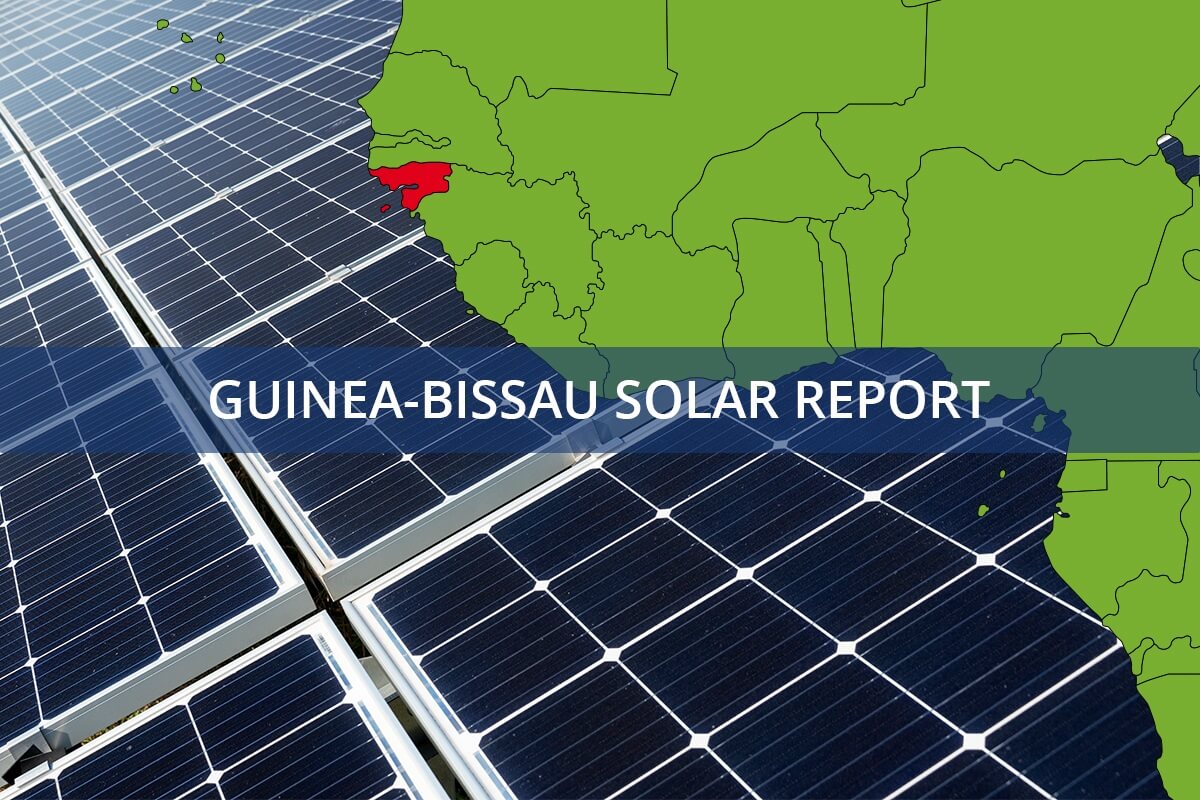Guinea-Bissau solar energy transformation: A $78 million initiative
Guinea-Bissau is embarking on a transformative journey to expand its solar energy infrastructure, thanks to a significant $78 million initiative by the West African Development Bank (BOAD). This ambitious program aims to install 30 megawatts (MW) of solar power capacity across the country, thereby addressing the severe energy shortages that have plagued the nation for years.
Guinea-Bissau solar energy and current energy challenges
Guinea-Bissau is one of the least electrified countries globally, with only about 20% of its population having access to electricity. Even in the capital, Bissau, power shortages are frequent and often last for hours or even days. The country’s energy grid primarily relies on imported fuel, which makes it both expensive and vulnerable to global market fluctuations.
The solar energy initiative is part of Guinea-Bissau’s broader efforts to transition to renewable energy and reduce its dependence on imported fossil fuels. The project is expected to significantly boost the country’s electricity generation capacity, thus providing more reliable and affordable power to households, businesses, and essential services.
Details of the Guinea-Bissau solar energy initiative
The $78 million initiative will focus on the construction of solar power plants in key regions across Guinea-Bissau. The project will be implemented in phases, with the first phase expected to be completed within two years. Once fully operational, the solar power plants will contribute to reducing the country’s carbon footprint and promoting sustainable development.
This project is a crucial step towards achieving Guinea-Bissau’s renewable energy goals, which include increasing the share of renewable energy in the national energy mix to 50% by 2030. The solar power plants will not only provide clean energy but also create jobs and stimulate economic growth in the regions where they are located.
Benefits of the Guinea-Bissau solar energy initiative
The solar energy initiative is expected to bring numerous benefits to Guinea-Bissau. Firstly, it will help reduce the cost of electricity, making it more affordable for the population. Secondly, the project will improve the reliability of the national power grid, thus ensuring that households and businesses have access to uninterrupted electricity.
Furthermore, the initiative will contribute to reducing the country’s greenhouse gas emissions, thereby aligning with global efforts to combat climate change. By investing in renewable energy, Guinea-Bissau is taking a proactive approach to environmental sustainability and demonstrating its commitment to the Paris Agreement.
International support for Guinea-Bissau solar energy collaboration
The success of this initiative is largely attributed to the support from international partners, particularly the West African Development Bank (BOAD). The bank’s financial assistance has been instrumental in kickstarting the project and ensuring its smooth implementation.
In addition to BOAD, the World Bank, IDA, ESMAP, and GCF are also funding Guinea-Bissau’s solar power project, providing technical expertise and additional funding. This collaborative effort underscores the importance of international cooperation in tackling global energy challenges and promoting sustainable development.
Guinea-Bissau solar energy and the vision for renewable energy
The solar energy initiative is just one part of Guinea-Bissau’s broader renewable energy strategy. The government is also exploring other sources of clean energy, such as wind and hydropower, to diversify its energy mix and further reduce its reliance on fossil fuels.
By investing in renewable energy, Guinea-Bissau is not only addressing its immediate energy needs but also paving the way for a more sustainable and resilient future. The solar energy initiative is a testament to the country’s determination to overcome its energy challenges and build a brighter future for its citizens.
As the world continues to grapple with the impacts of climate change, Guinea-Bissau’s solar energy initiative serves as a shining example of how developing countries can lead the way in renewable energy adoption. With continued support from international partners and a strong commitment from the government, Guinea-Bissau is well on its way to achieving its renewable energy goals and securing a sustainable future for generations to come.

